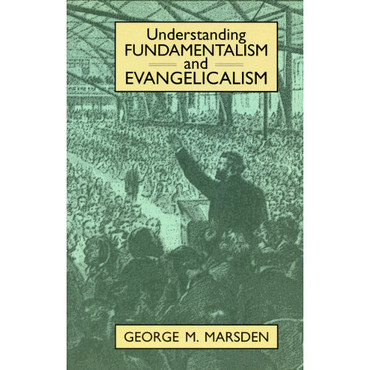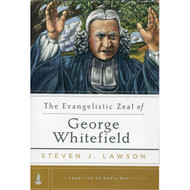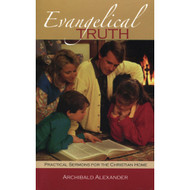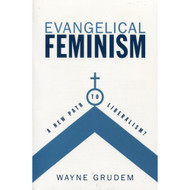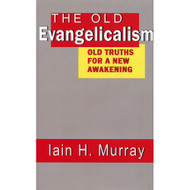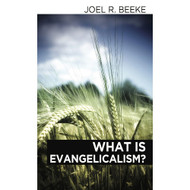Categories
Categories
Understanding Fundamentalism and Evangelicalism by George Marsden
Product Description
Presenting a historical overview of fundamentalism and evangelicalism in America, this volume has been developed from a number of studies undertaken by George Marsden during the 1980s in efforts to understand the recent resurgence of these two movements. It is designed for a wide range of readers, providing both an introduction to these topics and a deeper analysis of important themes. While the term "fundamentalist" has in the last century become a rather specific self-designation -- the majority of fundamentalists are separatist Baptists -- evangelicalism has experienced diverse growth and expanded into a much broader category made up of numerous subgroups: holiness churches, pentecostals, traditionalist Methodists, Baptists, Presbyterians, black churches in all these traditions, Mennonites, and Churches of Christ are just some of the most prevalent types. Despite their striking diversities, these groups share considerable common history; for example, all have to some degree become outsiders to sophisticated modern culture, and all are part of a recent evangelical resurgence. Several additional overarching themes come into focus as Marsden illuminates our current understanding of these movements by looking at the past. This book examines two such themes that have been especially prominent and controversial in these traditions: views of science and views of politics. In both cases Marsden centers his analysis on the views of self-styled evangelicals or fundamentalists who have led efforts to organize either of those related movements as national coalitions. George Marsden is professor of the history of Christianity in America at the Divinity School, Duke University. He is the author of numerous books and articles on fundamentalism and evangelicalism.
Endorsement
There are cultural divisions in American society which mark nearly every modern political issue. For those of us who were born in the 1950's and later, and even for some older folks, these divisions may seem confusing, even incomprehensible. How did we get here? What is all the fuss about? Where did all these "conservative wackos" come from? Just who do they think they are?
We may recognize that we are divided, but many Americans don't actually understand just how deeply divided, as a nation, we really are. Nor do we understand the underlying issues that divide us, the issues which are finally at the core of many of our debates.
This book provides one way of understanding these important issues, from the inside out.
Marsden argues that the political and social conflicts we all see today were born out of certain features of the American religious life. He proves his case admirably, and succeeds in providing his readers with a deeper understanding of contemporary conflicts than they will ever receive from contemporary newspapers and magazines, or even from their high-school and college American history classes. All of these other sources tend to ignore religion as a factor in political and social life. For Marsden, it is central.
Marsden is able to show that our conflicts have their roots in the historical encounter of American Christians with the emerging "modern world." When American Christianity began to encounter "Modernity" -in all its many forms: developments in science, politics, academic scholarship, industry, economics, and city life- its own internal conflicts formed the patterns for the larger social and cultural divisions which are now so familiar to us all all. Because he brings alive the religious dimension of American history, not just as a conflict of the religious with the secular, but of the religious with the religious, his treatment has the feel of something which makes the incomprehensible finally comprehensible. His scheme for understanding our history and our conflicts comes as nothing short of a revelation.
This book documents, issue by issue,movement by movement, and personality by personality, what happened, where, and when. It covers developments in the Christian religion in America from the end of the 19th century to the latter half of the 20th century, clearly illuminating how, in America, Christianity became divided between "mainline" and "evangelical" branches, in the process, dividing American society as a whole.
Marsden writes elegantly and clearly, and he has the special ability to make history come to life as an exciting story. He writes for the layperson, so any college-educated and mildly curious reader can profit from this book. A respected Evangelical Christian himself, Marsden is also a historian of superior academic credentials. _Understanding Fundamentalism and Evangelicalism_ thus achieves something special because of who its author is: it is a book both sympathetic to its subject, and a piece of very responsible and balanced scholarship.
I recommend it most highly. - Matthew Baldwin
 Loading... Please wait...
Loading... Please wait... 
